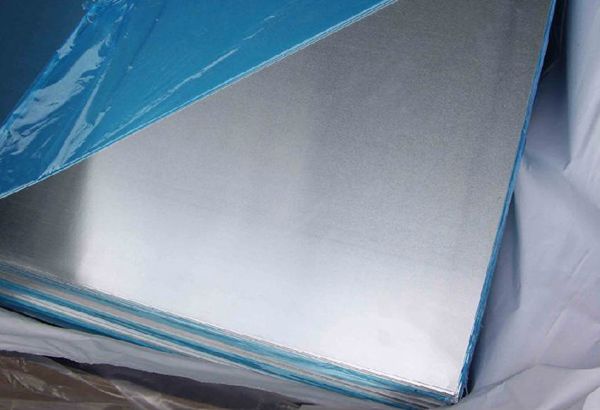Introduction:
Aluminum alloys are widely utilized in various industries due to their lightweight nature, corrosion resistance, and versatility. Among the popular aluminum alloys, 5086 and 5052 find extensive use for different applications. In this article, we will conduct a comparative analysis of aluminum 5086 and 5052, exploring their unique properties, applications, and advantages in diverse industries.

Composition and Properties:
Aluminum 5086 and 5052 belong to the 5xxx series and share similarities in their compositions. Both alloys primarily consist of aluminum, magnesium, and trace amounts of other elements. However, they possess slight differences in their alloying elements, leading to variations in their properties.
- Aluminum 5086: Excellent Corrosion Resistance for Marine Applications
Aluminum 5086 offers remarkable corrosion resistance, particularly in marine environments, making it highly suitable for applications in the shipbuilding and offshore industries. Its exceptional resistance to saltwater corrosion and ability to withstand harsh conditions make it a preferred choice. Additionally, 5086 exhibits good weldability and high strength, making it ideal for structural components subjected to high loads and stress. - Aluminum 5052: Superior Formability for General Sheet Metal Applications
Aluminum 5052 is renowned for its outstanding formability and corrosion resistance, making it widely used in general sheet metal fabrication. It possesses excellent malleability and can be easily formed into complex shapes or deep-drawn. Its corrosion resistance in non-marine environments ensures durability and longevity in various industries. Although it has a moderate strength-to-weight ratio, it provides a good balance between strength and weight reduction.
Applications:
- Aluminum 5086: Marine and Offshore Structural Applications
Aluminum 5086 finds extensive use in the marine and offshore industries. It is commonly employed in the construction of boat hulls, decks, and other structural components that are exposed to harsh saltwater conditions. The outstanding corrosion resistance of 5086 ensures the longevity and integrity of marine structures. Additionally, it is utilized in offshore platforms, tanks, and pressure vessels due to its exceptional resistance to corrosion and high strength properties. - Aluminum 5052: Versatile Applications in Various Industries
Aluminum 5052 is widely utilized in different industries, including automotive, architectural, and general sheet metal applications. It is commonly used for manufacturing panels, signs, and cabinets due to its excellent formability. The ability to create intricate shapes and designs makes it a preferred choice for various applications. Furthermore, 5052 is employed in the production of fuel tanks, trailer components, and non-marine applications that require corrosion resistance in non-saltwater environments.
Advantages:
The Advantages of Aluminum 5086 and 5052
- Aluminum 5086: Robust Corrosion Resistance and Weldability
Aluminum 5086’s primary advantage lies in its superior corrosion resistance, especially in marine environments. Its ability to withstand harsh saltwater conditions and resist corrosion makes it highly reliable for marine applications. Moreover, 5086 offers good weldability, allowing for efficient fabrication and assembly processes. - Aluminum 5052: Exceptional Formability and Corrosion Resistance
Aluminum 5052’s key advantage is its outstanding formability, making it a versatile choice for applications that require complex shapes or deep drawing. Its corrosion resistance in non-marine environments ensures durability and longevity. Additionally, 5052 possesses moderate strength and offers a balanced combination of strength and weight reduction.
Conclusion:
In conclusion, aluminum 5086 and 5052 are popular aluminum alloys with unique properties and advantages. Aluminum 5086 excels in marine and offshore applications due to its superior corrosion resistance and high strength. On the other hand, aluminum 5052 is widely used in general sheet metal fabrication and non-marine applications, thanks to its exceptional formability and corrosion resistance. Understanding the specific properties and applications of these alloys empowers industries to make informed decisions when selecting the most suitable aluminum alloy for their specific requirements.
